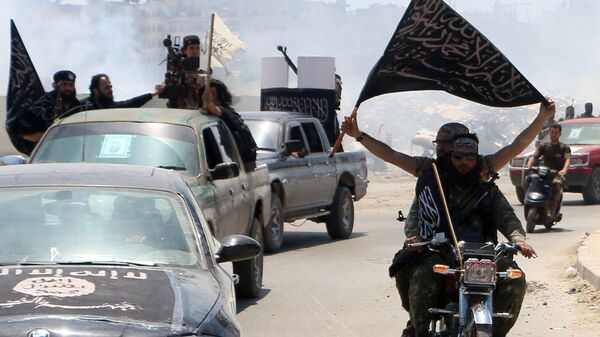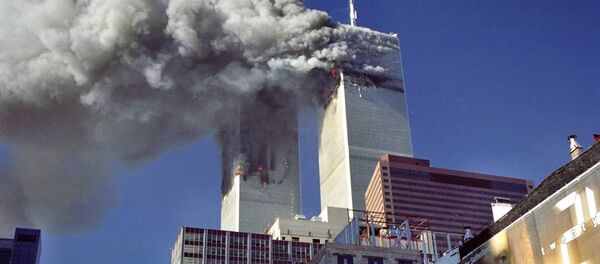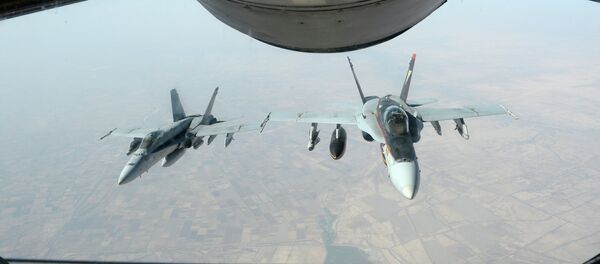“Terror itself was the biggest recruitment tool for the terrorists and it was a fundamental mistake to declare war on terrorists akin to declaring war on an enemy akin to the Nazis in WWII, because this elevates terrorists in the eyes of the world and encourages them to recruit people for attacks. This makes the problem even worse,” Ian Lustick said.
He added that the Obama Administration had tried, sometimes successfully, to retreat from the idea of fighting a war against terrorists and make them look more like criminals.
“Because of the mistakes made by the Bush Administration by launching a war in Iraq, the capacities of these [terrorist] groups expanded and they now acted as if they were major players on the world stage,” Professor Lustick added.
“So there will always be terrorism, just like there will always be cancer and poverty. To fight a war against something that will always be around makes sure that you will be defeated.”
He added that people should realize that terrorism is one of the smaller risks, but for psychological reasons “it scares people more than suicides, work accidents or even slipping and hurting your head.”
“These things are much more dangerous, but the idea that there are malevolent purposes behind that kind of things that scares people. Because it scares people, it gives politicians, who are unscrupulous, the opportunity to raise issues that discredit sensible government policies and urge government to act in a way that will actually backfire and serve the terrorists. That’s exactly what the Iraq war was,” Ian Lustick noted.
“This is exactly what has happened in the US and in this case [Daesh] and our media hysteria did their best to keep that whirlwind of tension,” Ian Lustick emphasized.
On September 11, 2001 a group of al-Qaeda-trained terrorists hijacked four planes, two of which were crashed into the Twin Towers of the World Trade Center in New York City, the third into the Pentagon headquarters in Washington and the fourth crashed in a field in rural Pennsylvania.
The fall of the World Trade Center and the loss of over 3,000 lives in the 9/11 attacks prompted then-US President George W. Bush to declare a "war on terror" a few weeks later.




